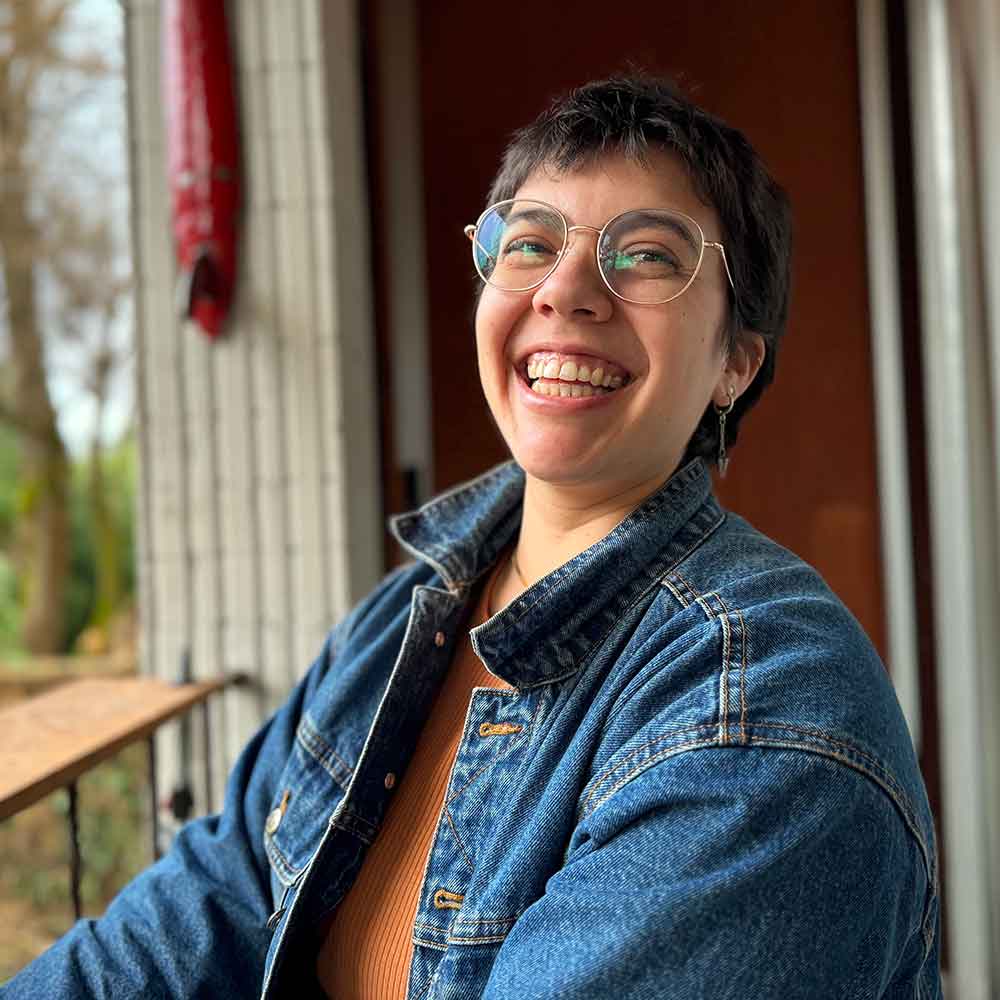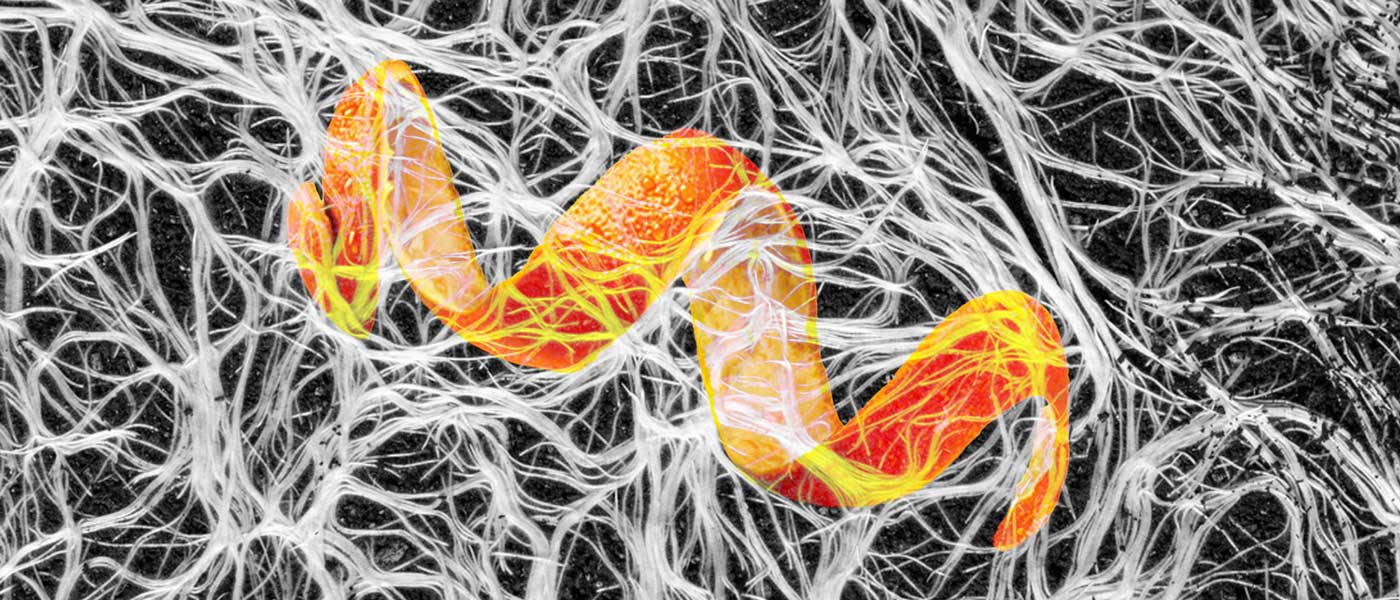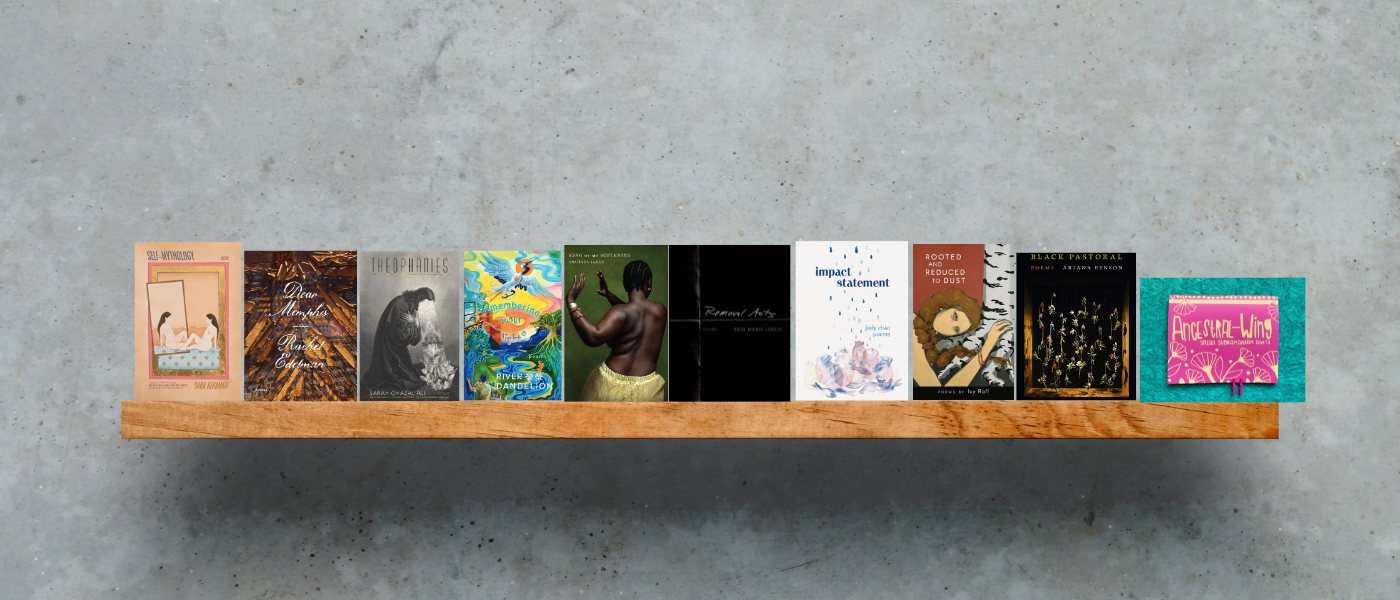1. Start with a name
By the end of this pamphlet, you will be able to practice the art of waiting in three simple steps. The first step is to name your waiting. A name allows you to orient yourself within the experience. Please name the following, filling in the blanks:
Waiting for the water to boil CERTAINTY
Waiting for the bus to arrive TRUST
Waiting for the right person LONELINESS
Waiting for the right time REGRET
Waiting in traffic SURRENDER
Waiting in line NECESSITY
Waiting to live RESENTMENT
Waiting to die ENLIGHTENMENT
Brenda clicks the pen closed on her lips, reviewing her answers. She has a looming sense that they say more about her than she wants. Frightening. She looks up from the pamphlet in her lap to survey her surroundings.
There are eight other people sitting at various angles in various corners of the light-brown room. Five fake plants. Two stacks of magazines, the topmost of which boasts the headline “28 Shortcuts to Happiness in 2028.” One desk attendant scrolling expressionlessly on their phone. A muted TV displaying a slideshow of infographics, a queue of names and the time permanently bolded in the lower right-hand corner. It is 8:44 a.m., precisely.
Brenda turns the page in her lap, lets out a little sigh, and continues to read.
Experience of time is shaped by the waters you occupy. Some waters are swift and shallow. Others are languid and deep. Consider the essence of this specific moment. How is time flowing around you? What choices brought you to this depth? Why are you sitting still amidst movement? Erode your answers to the core. This is the name of your waiting.
The numbers on the TV quietly change to 8:45 a.m. The desk attendant calls out the first name on the televised queue.
“Jordan…Jordan. It is your turn.” No one stands up. A few knees shift. Brenda glances up from her page. “No Jordan?” The desk attendant continues with a somewhat disappointed edge to their flat voice. “Moving along then. Stephanie.”
A woman in a floor-length coat slowly stands up from her seat and ambles toward the hallway entrance. Someone opens the door from inside and Stephanie disappears behind it. Brenda returns to the page.
I remember as a child, waiting for Netflix DVDs to arrive in the mail, for the fish to bite, for my boobs to grow. I waited for my dad to come home from work, for thunder to crack, for myself to suddenly die. I experienced time as the color of pale sky, the tone of a wind chime, the shape of a gun safe. I named it all BLUE.
At 8:52 a.m., a man enters the room. He wears dark clothes, a red beanie, and white sneakers plastered in wet grass.
“Here for my morning appointment,” he steams, out of breath.
“Jordan,” the desk attendant greets him matter-of-factly. “Unfortunately, you’ve missed your time slot. You have been bumped to the end of the line.”
Brenda watches how Jordan processes this information. How his hands become fists and then flex into stars. He exhales a marvelous breath of acceptance. “Alright,” he says, slumping down across from Brenda with a resigned sigh. “At least I’m allowed to wait here.”
Brenda resumes her reading, reminded of the task at hand.
To name a passing moment is to assert the bedrock of your bones against the ticking clock. You are time-layered; a temporal sedimentation rich with anticipation, consideration, dedication and slowness. You accrete love and erode grief in a cycle older than any timepiece. To name your waiting is to say, “Hello, Time That Passes, I’m glad you’re here with me.”
“I’ve never seen you here before,” a quiet but intent voice says, momentarily pulling Brenda back into the room. “I know everyone here and your name isn’t on the list.”
Brenda blinks at the man named Jordan who is speaking to her. He’s not wrong. “Oh. Yes…” Brenda says, feeling suddenly unsure about her decision to read in this particular waiting room. “I am waiting,” she reassures him, “just not for an appointment,” she finishes unconvincingly.
“Okay?” Jordan says suspiciously. “They have something else here besides appointments?”
“Well,” Brenda says, hesitating, “I’m here because of this.” She holds up the small, nondescript pamphlet from her lap, its appearance characteristic of pandemic publications made by those with access to printers during the 2020 lockdown. Stamped in the corner of the hand-folded cover is a digital alarm clock with a shattered screen reading 9:99 a.m. Centered in bold is a title: The Art of Waiting.
“Ahh. You’re one of those,” Jordan says, taking Brenda in with raised eyebrows.
Brenda looks back at him, deciding how to respond. “I am not exactly sure what you mean by one of those… I am a journalist. I’m reporting on the public response to the recent executive order. You know, the anti-waiting law. This little pamphlet is having a major comeback for obvious reasons. I’m sure you’ve heard?”
“Psh. Have I heard? Of course I’ve heard,” Jordan says dryly. “You know, they used to leave that pamphlet in our waiting rooms when it first came out — what is it, eight years ago now? Ha!” He chuckles, remembering something. Brenda suppresses the urge to ask what he’s thinking, practicing her hard-learned journalistic patience. “They didn’t realize the weight those papers held until they criminalized waiting in public spaces,” he adds. “Have you got to the third part yet?”
Brenda shakes her head, wondering what this little pamphlet meant to him.
Jordan leans his head back over the chair and closes his eyes. “Just you wait,” he sighs knowingly. “Just you wait.”
2. Decide how to sit
“Sara!” Timothy yells from the bedroom suite. “Sara! Have you seen my glasses? I can’t read without them!”
Timothy rummages loudly through his mahogany nightstand. A shaft of pale morning light freezes his unmade sheets into stiff satin peaks. Dust floats half-alive across the chamber. Timothy grumbles, bending his aged knees to look under the bed.
“Just use ChatRead,” Sara yells from the living room in a distracted monotone.
“I know, I know,” Timothy mutters, more to himself than anyone. “The act of reading is so archaic and time-consuming. Sue me for wanting to remember HOW IT FEELS TO READ.”
“You go on then, babe,” Sara encourages from the living room.
Timothy searches for some minutes in the dresser and glances into the walk-in closet before finally plopping down into his well-worn armchair with a sigh. “ChatRead,” Timothy says dejectedly. “Continue reading The Art of Waiting.”
“Hello, Timmy,” an ethereal voice says from everywhere and nowhere in particular. “Happy to read with you today. I will begin where we left off. Did you remember your tea?”
“Yes. Yes, I remembered my tea, goddamnit,” Timothy mumbles to the empty room.
“Alright. Here we go.”
The second step to the art of waiting is deciding how to sit. There are many ways to sit: in a chair, on the floor, over your heels, in the dirt. You can sit across from someone or alone, or silently slouched over a phone. Some sit by standing, which is not exactly sitting, but can hold the same intent. How you decide to sit reflects the name you give your waiting.
“Timothy, can you turn it down?” Sara yells from the living room. “I can’t hear the morning news. It looks like there was another riot in the Park last night. By those Waiters. I guess that’s what they call themselves…” She pauses, presumably to take a sip of coffee. “You always turn that thing up so loud. Might be time to get hearing aids, honey.”
“I can hear just fine, honey,” Timothy replies over ChatRead’s disembodied voice, which he’d refined to be softly accented and richly layered. It reminds him of his late wife, though he would never admit this to Sara. She already knows the depth of his grief for Beth, which still hasn’t found bottom eight years after the fact.
Occasionally, the oppressive enforcement of time leads an individual to lose all awareness of the poetry of sitting. These individuals most likely regard time as a set of red-god-eyes glowing from their wrist, phone, and microwave, compelling them thoughtlessly onward. They are encouraged to glide seamlessly from task to task without the burden of wasted time. Waiting is slated as vestigial and wasteful. They forget how to sit. This concept is not only incorrect, but also dangerous to our freedom.
“I don’t want to hear that nonsense, honey. You know it’s a bunch of dangerous propaganda,” Sara yells from the living room. “The lady on the news said her son’s best friend’s uncle went to prison after reading that pamphlet. If you aren’t careful, you’ll become a criminal like the rest of those Waiters. I don’t understand why you are so intrigued by this uprising.”
Timothy stares out the window at the dry fields rolling freely toward the horizon. He recalls the last time he saw snow on those fields, at least a decade ago, before the pandemic that claimed Beth’s life. They had spent an entire day building a larger-than-life snowman. It was so tall they had to use a step ladder to adorn the face by moonlight. The next morning just before sunrise, they crunched their way across the field with steaming mugs of coffee in hand to rest their backs against their enormous creation. He sat next to her and sipped in quiet anticipation. At last, the sun peeked over the horizon with an incredible exhalation of light. Even Beth somehow shone brighter that morning.
With a sigh that briefly fogs the glass, Timothy returns to the current morning. The window reflects his old, wrinkled face over the tired brown earth with a weary similitude. Tree skeletons reach solemnly skyward at the edge of his favorite creek, water trickling quietly through the end of yet another warm winter.
Time passes regardless of wealth, status and power. There is no way around it. You are simply immersed. You can sit with intention or you can drown.
“There is nothing else to it,” he says quietly to the room. “How unbridled every morning felt, sitting next to you.”
3. Do not be fooled by urgency when you are a rock
Seldom wakes with a start, hand already snoozing her tired phone alarm. There are never enough hours to sleep. With a yawn, she rolls onto her side, swiping her phone open to text Justin back.
hey, sorry Justin, i fell asleep
GOOD MORNING SUNSHINE
calm down. how did it go last night, is everyone okay?
yeah we’re all good. they couldn’t handle us in the dark, Sel, it was funny as hell
everyone knows clocksuckers are afraid of the dark
they swept us at dawn, the usual bullshit. when the Park goes dark, we do it again.
i missed you Justin, my toes got cold
i missed your toes, where are they now?
oh, just wading in the edge of today
wading wading wading, where will they take you?
to deeper waters where rocks grow big and strong
you’ve always been a boulder to me Sel, grounding me through darkness
you’ve always been BOLDER to me Justin, out there in the Park-ness…haha
well now, don’t we make a good team?
that we do. i gotta go make my moves, be safe tonight
be slow, my love
Seldom clicks her phone black and rolls onto her back, defeated by a week of overtime at the clinic followed by supply runs for her friends at the Park. It’s like the third part of the pamphlet says: “You simply cannot rise before you learn to fall.” She stares at the dust motes napping in her precious morning light. Stacks of books, notes, lists, and receipts accompany her body on the sun-dappled bed, as though they too desire a place to rest. “I am ready to rise,” she says out loud, practicing.
With a long stretch, she reaches for the radio tucked under her bed. It is compact, about the size of a good book, all silver and black with a faded sticker of a broken clock on the back. Justin gave it to her eight years ago when everything stopped moving in lockdown. He told her it was something old to commemorate how the times were indeed changing.
“It’ll still work in 100 years, Sel,” he had said excitedly over the phone when she found the package he’d tucked behind the flower pot on her building’s front stoop. “Radio waves are timeless. If we don’t make it through this pandemic, at least the waves will.” She remembers laughing with Justin over the phone, tears in her eyes, afraid of everything that was changing.
She sighs and pushes the power button, extending the little antenna. The radio is always set to 99.9AM, the local frequency over which the best morning broadcast reigns, complete with jazz, weather and more recently, the daily Waiter update. “It’s 9:99 a.m. here at 99.9AM,” the broadcasters say at the start of every show, “Our time.”
This morning, her favorite voice is wrapping up the daily update with a reading of the third and final section of The Art of Waiting pamphlet. Seldom lies quietly in the pool of her bed, letting the rhythm of the words settle over her tired form, one little moment before the inevitable movement of her day must begin.
“The third step comes to us this morning in a poem,” the broadcaster begins.
If time is a river, why run on shore?
Wade into the current, a little bit more
Sit down in the flow on the endless bed
This may take some time depending on swiftness and depth
You may feel pressed to hurry out and run with the clock:
Do not be fooled by this urgency when you are a rock
No heat nor pressure can match that which transformed
Your eroded bones into eons-old stones
Stronger are the seconds that stall upon your form
A sediment becoming you before you were born
Where the current is swift, you grow heavy; where it is deep, you grow tall
You simply cannot rise before you learn to fall
And in this moment where you sit and wait
For hunger, pain, and grief to dissipate
With no escape, weary heart becoming older,
Know that time is with you as you grow bolder.
“And that’s a wrap, folks. Catch us waiting in the Park until we simply cannot wait a minute longer to rise. Wherever your day takes you, we hope it rocks.”




